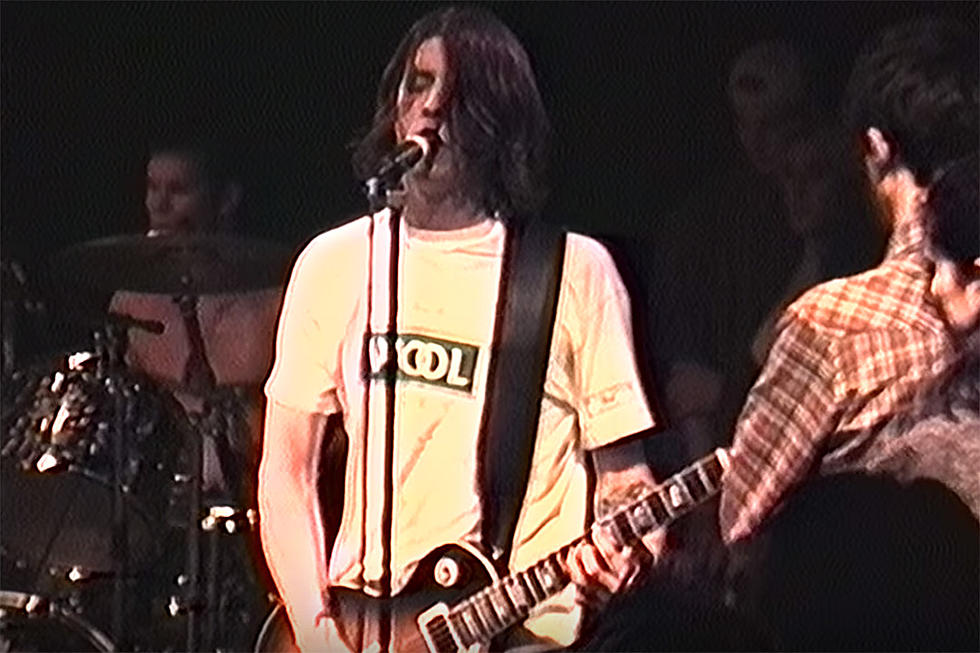
Charles Bradley, Retro-Soul’s ‘Black Velvet,’ Dies
Charles Bradley, part of the Daptone Records stable of musicians who brought the sounds of '60s soul into the 21st century, has died at the age of 68.
A message posted this afternoon on his Facebook page read, "It is with a heavy heart that we announce the passing of Charles Bradley. Mr. Bradley was truly grateful for all the love he’s received from his fans and we hope his message of love is remembered and carried on. Thank you for your thoughts and prayers during this difficult time."
He was diagnosed with stomach cancer a year ago, and Billboard said that last month that he learned that it had spread to his liver. After receiving the news, he canceled the remaining 37 dates on his 2017 calendar.
Like fellow Daptones singer Sharon Jones, who also succumbed to cancer, Bradley achieved stardom late in his life. Born Nov. 5, 1948 in Gainesville, Fla., he moved to Brooklyn, N.Y., when he was eight. Six years later, his sister took him to see James Brown at the Apollo Theater in Harlem and has was instantly inspired by the Godfather of Soul's music and dynamic stage presence.
But his music career got off to a slow start, instead working for years as a chef in Maine before eventually settling in California. He spent the next 20 years doing odd jobs and playing small clubs to get by, before returning to New York. Calling himself "Black Velvet," he developed a James Brown impersonation act that he called "Black Velvet," which eventually got the attention of Daptones founder Gabriel Roth.
He began recording singles for Daptone as early as 2002, and many of those, and other tracks, were compiled in 2011's No Time for Dreaming, and he quickly became a favorite on the festival circuit, bringing all those moves he learned from studying James Brown to a new generation. Victim of Love followed in 2013, the same year that a documentary about his life, Charles Bradley: Soul of America, came out. The final album released in his lifetime, Changes, arrived last year. That record gained recognition for its title song, a soulful re-working of the Black Sabbath ballad.
While supporting his debut, he told the Chicago Tribune that his late-life success was due to his belief that "somewhere, somehow God will hear your cry,. I think that he touched the right people's heart that believed in me and gave me a chance to come out. I'm so grateful there's people that believe in me and want to hear more about me. This is a whole new turning point in my life."
Rocker Deaths: Artists We've Lost in 2017
More From Diffuser.fm









